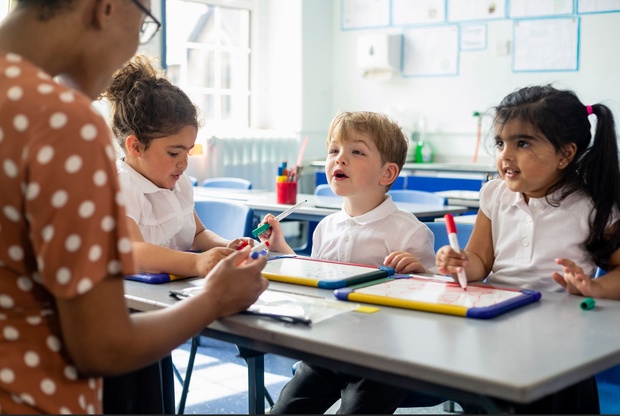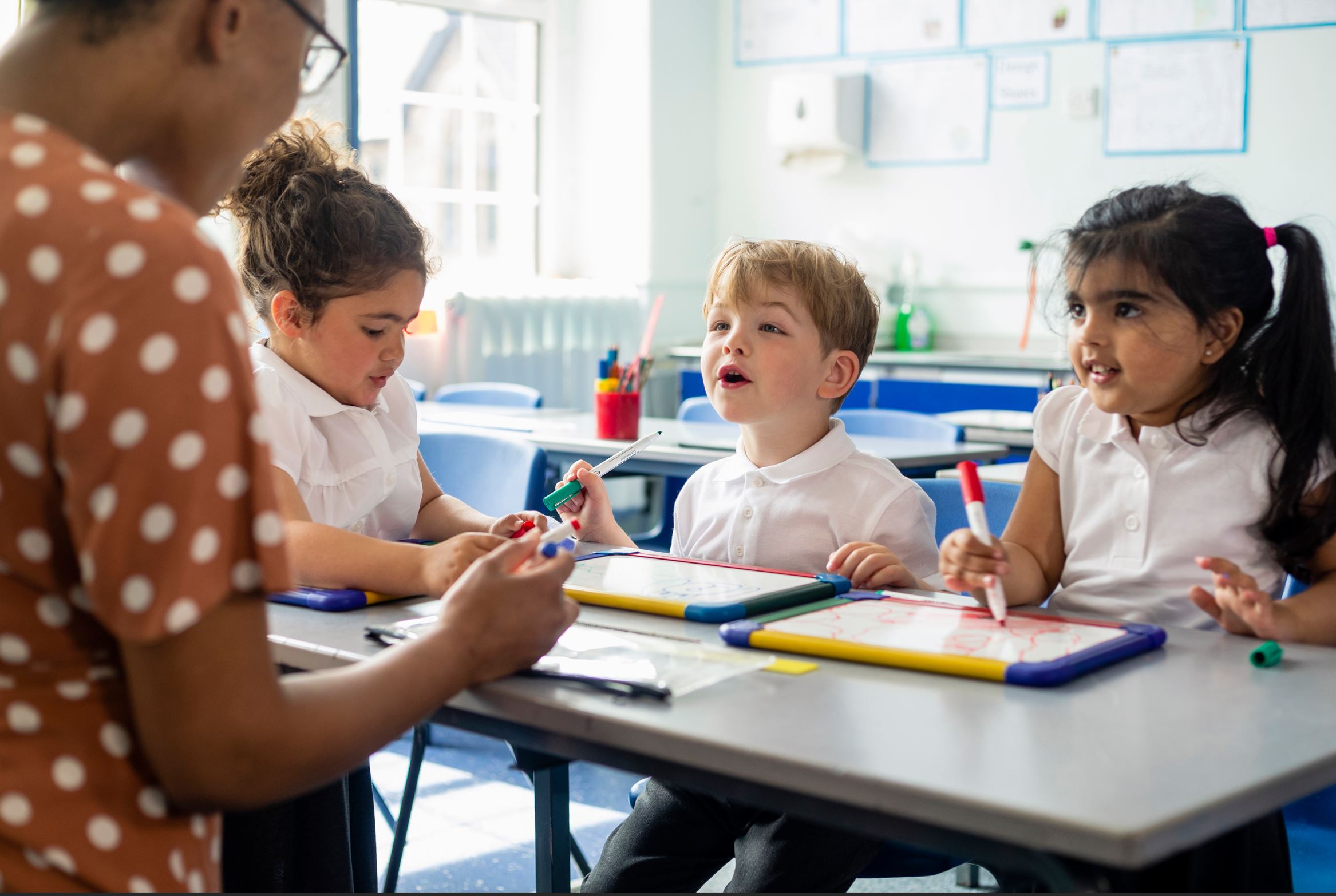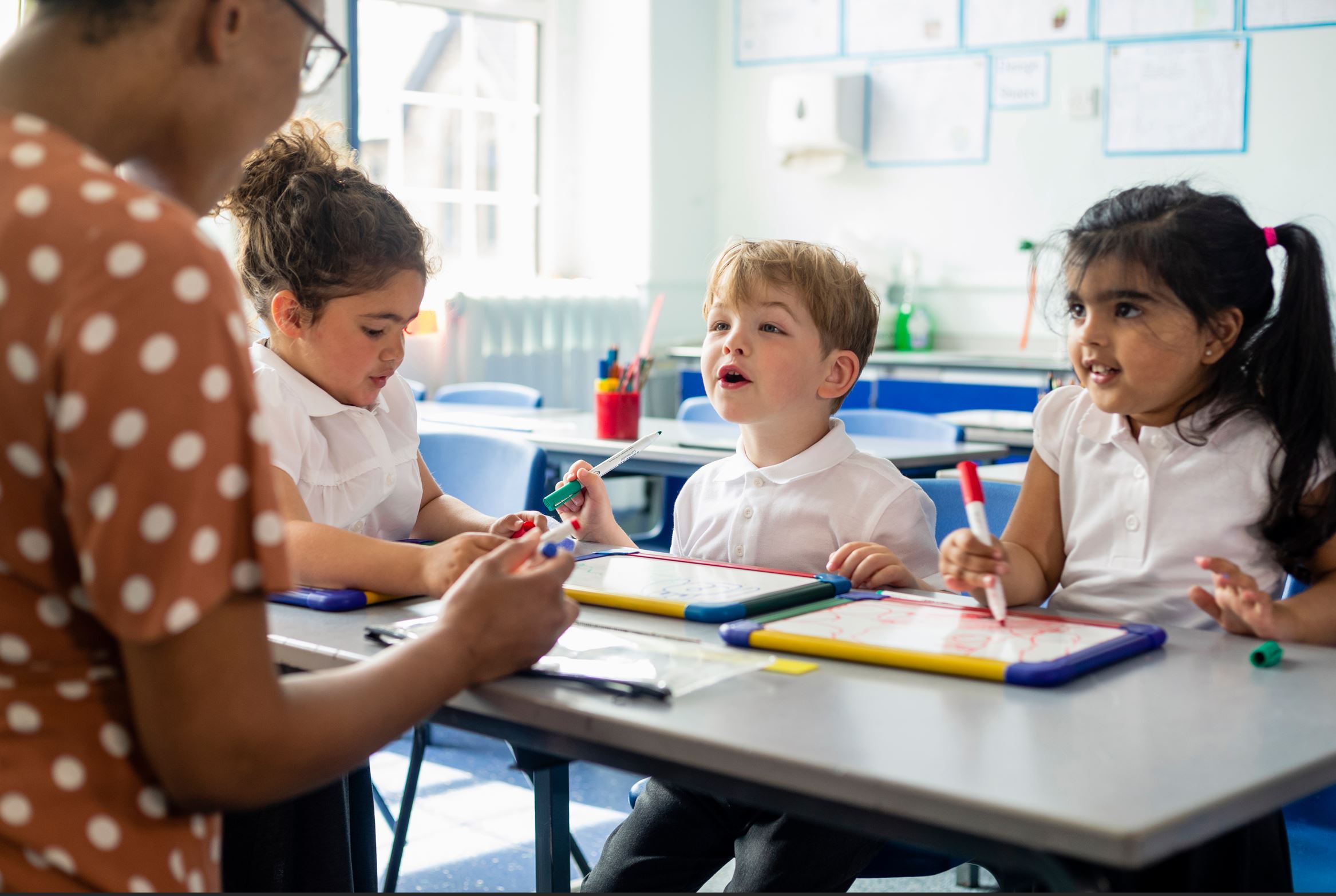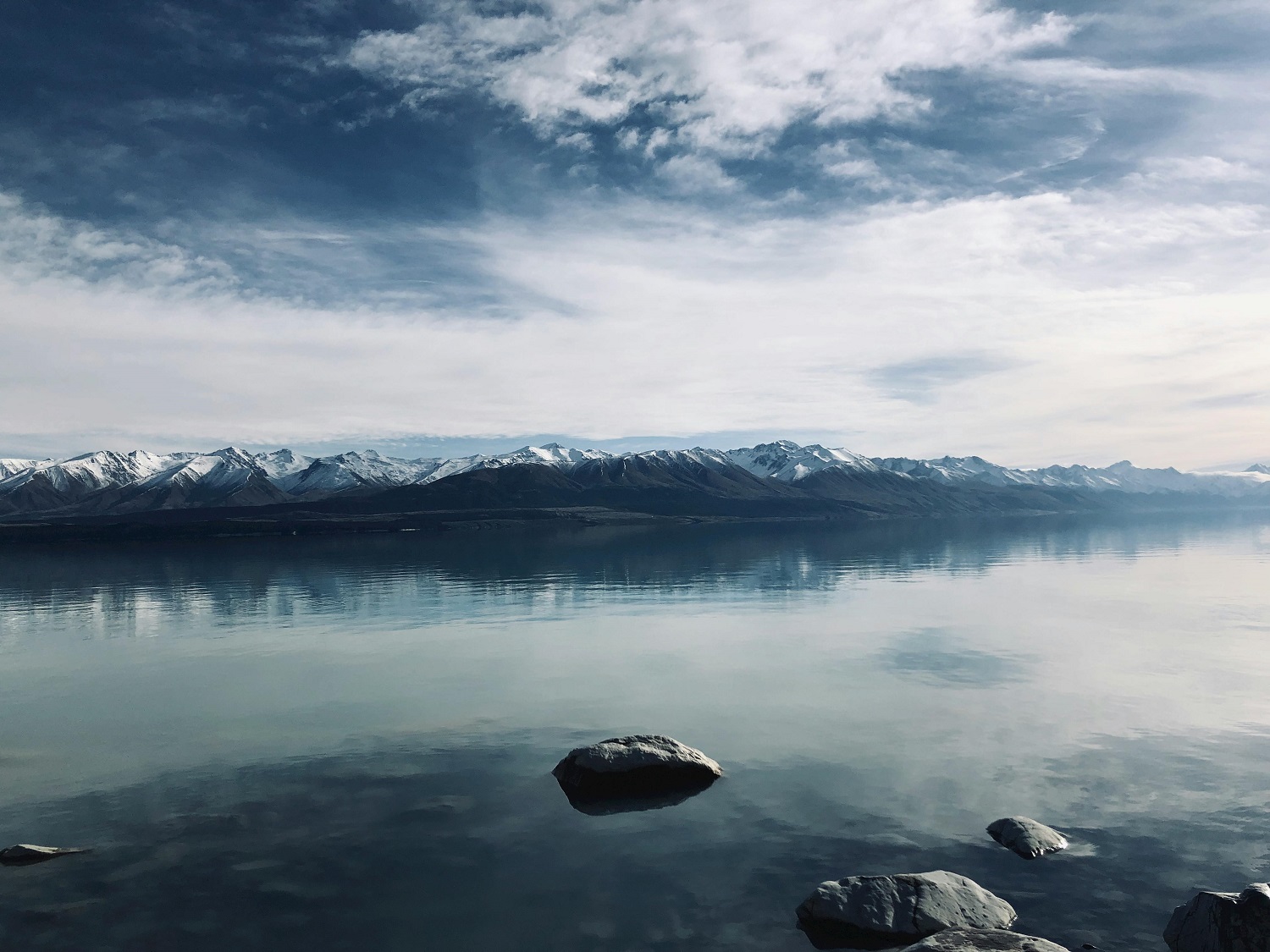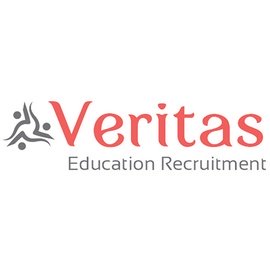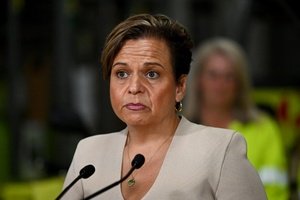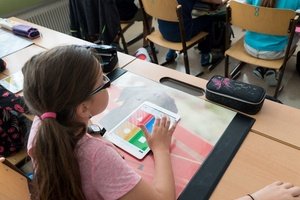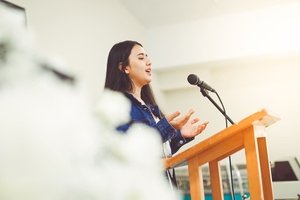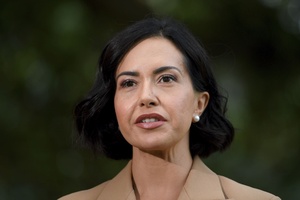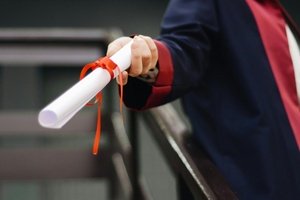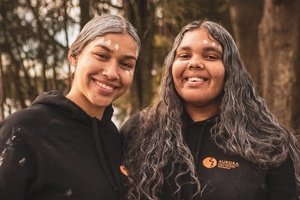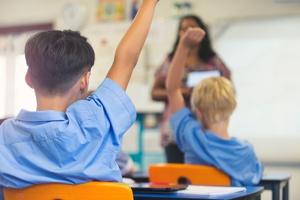“When you live in a colonised society like we do, literacy has never been about only the skill of reading and writing.
“Literacy has always been about power, and it has always been about certain values and beliefs being more valued than others,” Dr Maia Heteraka, from University of Auckland says.
Heteraka believes many Indigenous peoples, including Māori, have for generations been funnelled and forced into one accepted and popular view of literacy, and she wants this to change.
“I think that literacy within schooling should be defined broadly,” she says.
Hetaraka is quick to point out that while reading and writing should certainly be included in our definition, she urges school leaders to find out how the families in their community may also define literacy.
“If we try and change our perspective a little bit, and begin to see that literacy is greater than a set of skills, then we can start to see other opportunities and bring other things into our teaching and learning.
“So it means that we’re looking at including things like, ‘what are some of the signs and symbols in my environment that tell me when it’s going to be a good time to, say, harvest seafood’, or ‘when is it going to be a good time to collect medicine from inside the bush, or from inside our environment’.”
By promoting different kinds of literacy within the classroom, Heteraka says that Māori students will begin to realise that what they see happening at home is valued at school as well.
Reading the signs and symbols in the environment which tell you when to harvest seafood or collect medicine could be included in a broader definition of literacy, Dr Maia Heteraka says.
Dr Melissa Derby, a senior education lecturer from The University of Waikato, however, feels there is a danger in this approach.
“[Some] contend that we ought to take a culturally relative view of literacy and expand our understanding of what constitutes literacy to include, for example, carvings, dance, and reading the environment,” Derby has written in an article for NZARE blog Ipu Kererū.
“Given the undisputed role literacy plays in enhancing outcomes in virtually all aspects of our lives across our entire lifespan, these suggestions regarding what literacy is and who it’s for are reckless, with potentially dire consequences for generations of children.
“These views stand to harm Māori children in particular, as well as those who are reliant on a good education to improve their lot in life.”
Cultural knowledge is valuable, Derby tells EducationHQ, but it shouldn’t be conflated with literacy.
“I think there’s a danger in expanding our notion of literacy to include cultural practices, because we could have children, and they’ll typically be from minority groups because of the nature of what we’re including as literacy, and they might come to school with these really rich cultural understandings, but have very low skills in reading.
“A teacher could tick the box, if you like, and determine that the child has a degree of literacy because that’s what the teacher has been told literacy is,” she explains.
When talking about literacy in education, it’s important we stay focussed on reading and writing, because the stakes are huge, she says.
Through her research in the area of early literacy and the exploration of literacy as a human right, Derby has learned there is a lot more to literacy than the ability or inclination to curl up on the couch with a good book.
“Some people might think, ‘oh, well, my child’s not a reader, so it doesn’t matter. He or she prefers to be outside playing sports’, for example,” Derby says.
“But being a skilled reader has such a significant impact in a range of areas across our entire lifespan.
“Things like the enjoyment, escapism, creativity and relaxation side of reading, so those, sort of, personal things.”
There’s also, she adds, greater communication skills that come with strong literacy skills.
“There’s even research, more recently, to suggest that it has reduced dementia symptoms, or delayed onsets of early dementia, reduced depressive symptoms, [and provided] greater motivation to learn.”
Literacy is not just a set of skills, but a tool we continually use to access the rest of the school curriculum, higher education, job opportunities and promotions.
And, of course, outside of employment, our literacy levels affect our ability to do everything from understanding medicine labels to helping our children with their homework.
“When we look at the greater opportunities and quality of life afforded by high literacy skills, among other things obviously, we’re doing those children a real disservice if we’re saying that having cultural knowledge is the same thing, they’re simply different things.
“Neither is 'better’ than the other. They’re fundamentally different in their essence and application, and to say they’re the same as each other is wrong," Derby asserts.
As a case in point, she uses the example of reading the environment.
“... that’s simply reflective of the semantic flexibility of the term ‘reading’,” Derby says.
“I could say I'm ‘reading the room’, or I ‘read the look on your face’, or I ‘read the clouds and so I got the washing in’, you’re not reading it in the same way you read a text.”
While acknowledging the importance of reading and writing skills for Māori, Heteraka maintains our definition of literacy should be more inclusive.
“Dr Derby says that … going out too wide can cause issues,” Heteraka says.
“I guess my response to that is, for 200 years, Māori students have only ever had narrow and limiting access to the curriculum, and that idea of being able to cope with multiple ways of knowing and doing has been completely shut out of our schooling,” she says.
“For generations, we have had this very narrow view, and it hasn’t got us to where we would hope that we would be.”
Heteraka believes that we seek a narrow curriculum because it gives us a feeling of certainty.
“If we can say this is what literacy is, x, y, and z, it gives us certainty,” she says.
“And I think we’ve been convinced that there’s security in certainty, that certainty is correct.
“However, when you come from a culture like mine, where we actually embrace multiplicity, we’re comfortable with many ways of knowing and doing, it opens things up far more.”
So let’s make this and-and, Heteraka says.
“Let’s educate excellent readers and writers, who also are confident and capable of reading and writing their world and seeing themselves being able to read and write the world around them and their place in that world.”

